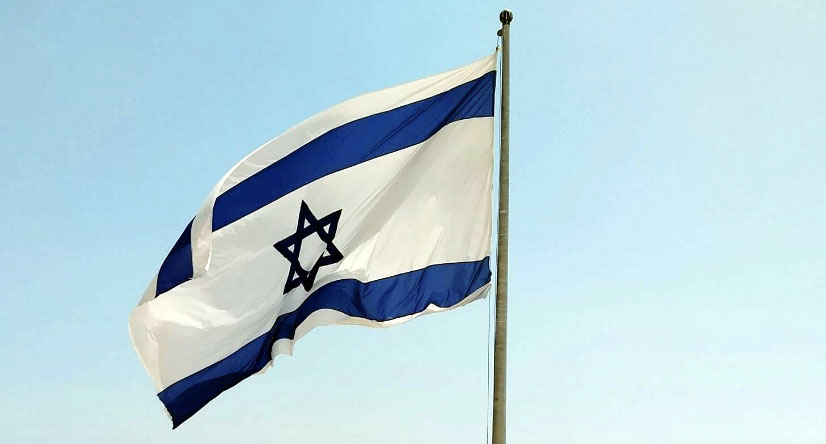
Zionism Now: Crucial Debates, New Ideas – In Person at Temple Beth Elohim
Program: Hebrew College Tamid
Instructor: Dr. Jacob Meskin (Read Bio)
Dates: 10 Mondays, Spring 2025: 2/24, 3/3, 3/10, 3/17, 3/24, 3/31, 4/7, 4/21, 4/28 & 5/5
Time: 9:30-11:30 a.m. EST
Course fee: $500, financial aid is available
Location: In Person at Temple Beth Elohim, Wellesley
Hosted by: Temple Beth Elohim
Registration: Click here
Like any living, vital tradition of thought, Zionism has continued to change over time. In this course we will study contemporary developments both in the state of Israel and within the tradition of Zionist thought. We will also examine some contemporary critiques of Zionism from outside that tradition. We will be focusing on arguments about the state of Israel, the Jewish people, the Palestinians, and the Middle East more broadly. In addition, we will explore certain currents of thought that inform these arguments, e.g., post-colonialism.
After an initial week reviewing the early history of Zionism and familiarizing ourselves with the continuum of Zionist perspectives, we will move on to examine essential issues and debates that have surfaced in recent Zionist thought. These include: –arguments over the status of Zionism as a species of nationalism; –different ways of evaluating the particularism of Zionism in an era of “globalism and cosmopolitanism”; –the intense controversy over the proposed “judicial overhaul” that preceded the tragedy of October 7; –changes in the tradition of religious Zionism; –important new approaches to understanding the challenges of the state of Israel’s being at once Jewish and democratic; –different assessments of the role of Zionism for Jews living in the diaspora; –new, and distinct, views of religion in Zionism and in Israeli life; –radically divergent Zionist and Palestinian narratives of the history of Israel, and –Palestinian critiques of Zionism, and Zionist responses.
In addition to short excerpts from the writings of a number of famous thinkers, every effort will be made to select essays and articles that are accessible. Moreover, wherever possible, film clips, audio of live interviews (with written transcripts), and other alternative media will be included. Depending on availability, we will attempt to have live sessions with important folks in Israel working on these questions.
For additional information or questions, contact the Hebrew College Tamid Team

